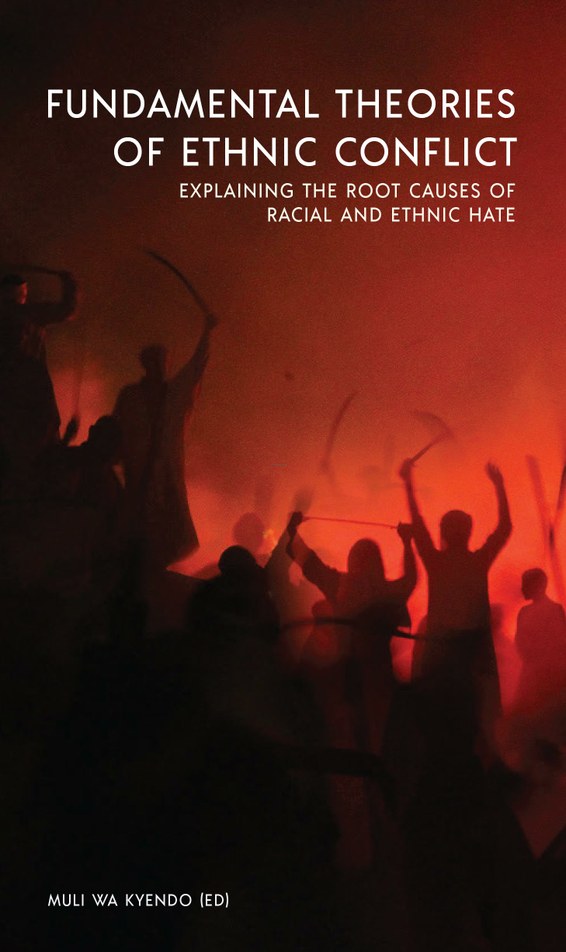|
A fiction story depends on a vivid setting. Action, story, meaning are all important. But the reader depends on a scene that stands out in their imagination.
Think of a story lacking the scene. "The boy throws a bone and the dog brings it back."
I can see that story, even the boy and dog. But, unlike old-time radio where the audience fills in the details, as a reader I expect the writer to flush things out.
In this case, for example, the story could begin with s shaft of morning light glinting on the red hair of a 12 year-old lad. The boy, leaning back in his mid-size wheelchair, manages to keep a shaky grip on a red rubber bone. Squeezing his eyes shut, he rocks forward to topple the bone into a short arc until it lands on a leaf-covered patch. The dog fetches the bone and carries it to the wheelchair, where he gently places it in the boy's lap. Smiling, the boy pats the dog on its head.
Further, if we alter the background itself, the boy might be placed in an amphitheater, where he has been honored for his bravery in helping a handicapped companion escape a fire.
So, when a writer claims that action is the only important element in fiction writing, think of this boy and his dog. There is meaning here, in the details.
!
.
 Fundamental Theories of Ethnic Conflict, by Muli wa Kyendo (ed.)
Fundamental Theories of Ethnic Conflict, by Muli wa Kyendo (ed.)
Description
This book develops and expands on theories that aim at explaining the root causes of ethnic and racial conflicts. The aim is to shift focus from research, policies and strategies based on tackling the effects of ethnic and racial conflicts, which have so far been ineffective as evidenced by the increase in ethnic conflicts, to more fundamental ideas, models and strategies. Contents extend across many disciplines including evolution, biology, religion, communication, mythology and even introspective perspectives.around the world.
Drawn from around the world, contributors to the book are respected and experienced award winning authors, scholars and thinkers with deep understanding of their special fields of contribution. The book was inspired by the conditions in Kenya, where ethnic violence flared up with terrifying consequences following a disputed election in 2008. Although the conflict was resolved by the intervention of the international community, Kenyans – like many other Africans - continue to live in fear of ethnic conflicts breaking out with more disastrous consequences. The book will be useful to policy makers, NGOs and others involved in promoting peace. It will also be useful in guiding research and as a text book in universities and colleges.
Handbook of Research on Examining Global Peacemaking in the Digital Age, Bruce L. Cook (ed.)
Description
Violent behavior has become deeply integrated into modern society and it is an unavoidable aspect of human nature. Examining peacemaking strategies through a critical and academic perspective can assist in resolving violence in societies around the world.
The Handbook of Research on Examining Global Peacemaking in the Digital Age is a pivotal reference source for the latest research findings on the utilization of peacemaking in media, leadership, and religion. Featuring extensive coverage on relevant areas such as human rights, spirituality, and the Summer of Peace, this publication is an ideal resource for policymakers, universities and colleges, graduate-level students, and organizations seeking current research on the application of conflict resolution and international negotiation.
Visit our sister web sites..
http://www.author-me.com/
http://www.reservebooks.com/
http://www.strategiesforpeace.org/
http://www.sudanlit.com/
http://www.cookcom.net/
http://www.innisfreepoetry.org
We have developed a world peace website: www.wwpo.org
Publishing New Writers,
February, 2021 (vol. 22, no. 2)
Publisher:
Dr. Bruce L. Cook
1407 Getzelman Drive
Elgin, IL 60123
Submissions/comments cookcomm@gmail.com. Links are welcome. To subscribe and/or review our archive of past newsletters, go to
http://www.author-me.com/newslist.htm